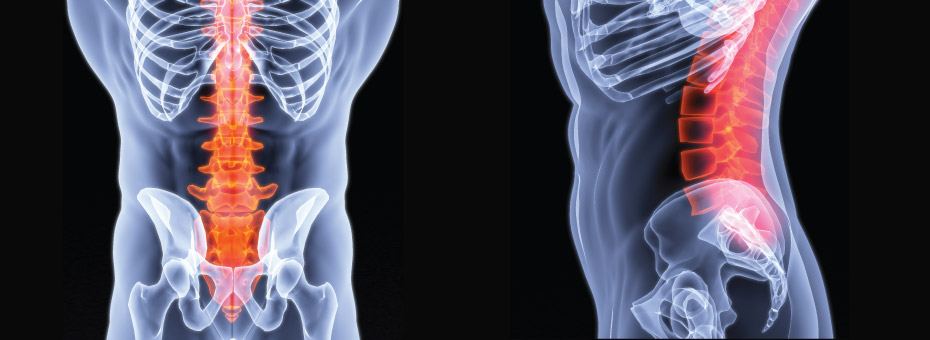The Brain
Psychologists try to understand it. Neurologists try to fix it. Hugely complex and the least understood part of our anatomy, the brain is incredibly sensitive to our surroundings and incredibly resilient after an injury. There’s a lot we still don’t know, but here are a few interesting things we know already.
A nerve impulse travels faster than a speeding bullet. Well almost. Signals to and from the brain can travel as fast at 170 miles per hour. That’s why when you stub your toe or burn a hand, you can react so quickly.
The brain is electric and uses the same amount of power as a 10-watt light bulb. People often claim we only use ten percent of our brain, implying that we’d be supergeniuses if we could just switch on the rest. But that’s just based on a misinterpretation of some studies in the 1930s. Actually, the energy consumed by the cortex is only enough to power one percent of its neurons at any time. In a press release describing the work of Stanford bioengineer Kwabena Boahen, he states that the brain is capable of performing 10 quadrillion (that’s 10 to the 16th) “calculations,” or synaptic events, per second using only 10 watts of power. At this rate, he says, a computer as powerful as the human brain would require 1 gigawatt of power.
The brain requires oxygen in order to work. Although a brain makes up approximately 2% of our body weight, it requires 20% of the oxygen in our blood stream. And that’s one of the reasons why oxygen deprivation can cause permanent damage to the brain.
Your brain works hardest when you are sleeping. You might think that the opposite would be true; that we need our brain to navigate throughout our day, perform complicated tasks, and interact with our environment. Scientists don’t yet know why our brain works harder when we sleep, but they are thinking about it!
Our skeleton may stop growing, but our brain doesn’t. Neurons continue to grow throughout our lifespan. Scientists and doctors thought that brain and neural tissue couldn’t grow or regenerate after an injury. And while brain tissue doesn’t regenerate the same way skin does, brain tissue (neurons) can grow and regenerate after certain types of brain injuries.
The brain cannot feel pain. Although the brain is where we process pain signals when you burn your hand or stub your toe, the brain itself does not have pain receptors and cannot feel pain. In But the head can hurt because the brain is surrounded by nerves and blood vessels that are sensitive to pain signals.
What do dreams have to do with your IQ? Scientists say the higher your I.Q., the more you dream. But if you can’t remember your dreams it doesn’t mean there’s no hope in finishing a crossword puzzle. Sleep studies have shown that most dreams is only 2-3 seconds and that if we remember any of them, it is the one we have right before we wake up.
The brain is 80% water. Living brain tissue is a squishy and pink organ from the loads of blood and water content of the tissue. The next time you are thirsty, have an extra glass of water to hydrate your brain.
The brain mimics what you see. Have you ever watched somebody yawn and had the urge to yawn, too? Psychology studies theorize that laughter is a social cue for mimicry. Just hearing someone else laugh stimulates the region in your brain associated with facial movements. Why does this happen? Just watch kids … mimicry plays an important role in social interaction. Sneezing, laughing, crying and yawning may be ways of developing strong social bonds within a group.
The bigger the brain, the smaller the mouth. Ever wonder why whales don’t get impacted wisdom teeth? Long ago, they served as a useful third set of meat-mashing molars. But as our brains grew, our jawbone structure changed, leaving us with expensively overcrowded mouths. Sometimes, useless features stick around in a species simply because they’re not doing much harm.
The brain re-wires during puberty. This is why your teenager isn’t acting like themselves. Hormone-induced changes in the body happen to prepare the body for reproduction. But why is adolescence so tough? Hormones like testosterone influence the development of neurons in the brain, and the changes made to brain structure have many behavioral consequences. So while it may be unpleasant, your teenager’s emotional awkwardness, apathy and poor decision-making skills are a sign that their frontal cortex is maturing.















